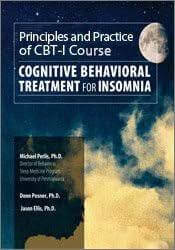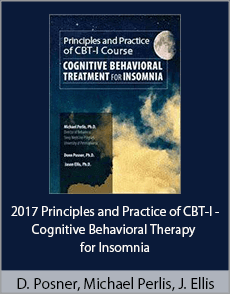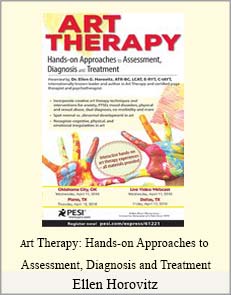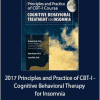Donn Posner, Michael Perlis, Jason Ellis – 2017 Principles and Practice of CBT-I – Cognitive Behavioral Therapy for Insomnia
$60.00$439.00 (-86%)
The 16 hour training, along with the conduct of practicum cases with supervision (peer consultation from credentialed BSM individuals [or established experts]) and targeted readings
SalePage
Donn Posner, Michael Perlis, Jason Ellis – 2017 Principles and Practice of CBT-I – Cognitive Behavioral Therapy for Insomnia

Check it out: Donn Posner, Michael Perlis, Jason Ellis – 2017 Principles and Practice of CBT-I – Cognitive Behavioral Therapy for Insomnia
Cognitive Behavioral Therapy for Insomnia (CBT-I) is now recommended as the first line treatment for chronic insomnia. This recommendation was, interestingly enough, made by the second largest medical organization in the United States (The ACP) and was published in the Annals of Internal Medicine (2016;165(2):125-133).
The recommendation is, in part, based on the following findings.
- CBT-I is as efficacious and effective as pharmacotherapy in the short run, and is more durable in the long run
- CBT-I has a more benign side effect profile than pharmacotherapy
- CBT-I yields substantial improvement in sleep continuity, and does so largely irrespective of medical or psychiatric comorbidity.
- CBT-I directly targets the factors that are thought to perpetuate insomnia (i.e., the mismatch between sleep opportunity and sleep ability).
- CBT-I has been shown to work well even with patients with a long history of using hypnotics
The Penn Basic CBT-I Course is a two day intensive review of the principles and practice of this intervention. The 16 hour training, along with the conduct of practicum cases with supervision (peer consultation from credentialed BSM individuals [or established experts]) and targeted readings (Tx manuals and practice papers) should position established clinicians to 1) reliably and effectively deliver CBT-I and 2) be eligible for the credentialing exam that is in development by the SBSM and related agencies. For more information on the credentialing process, keep your eye on this space: https://www.behavioralsleep.org/.















